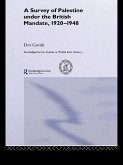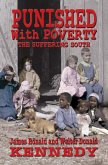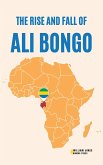By way of elaboration, all countries encounter national crises from time to time, with one of the most recent examples being the COVID-19 pandemic. The scholarly and popular literatures on crises tend to focus on the process of managing the crisis, with a particular emphasis on the performance (or lack thereof) of influential individuals. However, in the long run, of arguably greater importance is the post-crisis phase of learning that culminates in the formulation and implementation of reforms.
This book begins by arguing that Arab peoples have significant room for improvement in the area of post-crisis reforms. This will be done using secondary quantitative data in the context of recent global crises, most notably the global financial crisis of 2008 and the ongoing climate change crisis. This data will also be complemented by the authors' informal qualitative observations as Arabs who have lived and worked extensively throughout the Arab world (see their profiles below for more information).
The book will then synthesize the academic literature to develop a selection of principles for optimal post-crisis reforms. These authors then use these principles to better understand how Arab peoples struggle to formulate and implement effective post-crisis reforms. They do this via two in-depth case studies: the 2020 Beirut port explosion, and the 20202021 COVID-19 pandemic. The case studies are based on almost 40 personal interviews conducted for this book. The authors also draw upon relevant anecdotes from their own direct experiences throughout the Arab world.
The book's penultimate chapter is an exploration of the causes of this weakness in post-crisis reforms. The authors consider the role of political, cultural, and educational factors based on secondary data and qualitative insights garnered from the literature, and they also draw further inspiration from their own lived experiences. The book's concluding chapter features the authors speculating on how Arab peoples might go about improving their ability to develop and implement post-crisis reforms.
Dieser Download kann aus rechtlichen Gründen nur mit Rechnungsadresse in A, B, CY, CZ, D, DK, EW, E, FIN, F, GR, H, IRL, I, LT, L, LR, M, NL, PL, P, R, S, SLO, SK ausgeliefert werden.









